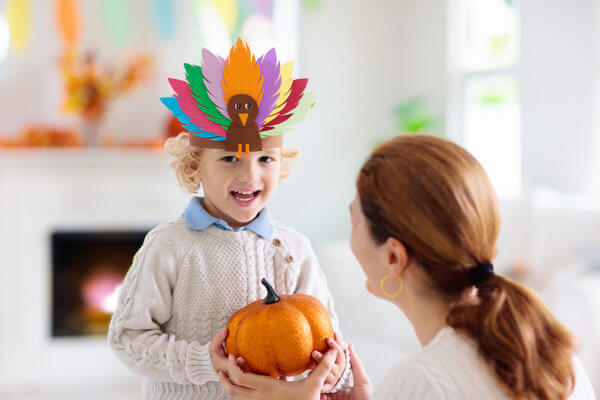By: Nicole Pelletiere
If your child is just starting preschool this fall, you may feel anxious about what exactly you should expect. Will they be learning as much as you have been teaching at home? Will this school be a good starting-off point before kindergarten? Upon searching for the perfect nursery or preschool, there are a few aspects of a curriculum that you should keep in mind. After all, preschool is a place for development and the more your child is challenged, the more eager they will be to learn!
Here are some ideas of what you can expect your preschooler to be exposed to at ages 2, 3, and 4.
Age 2:
Self Help Skills
At age 2 your child you’ll notice that your child will start to show beginning stages to independency. This is when they should be learning how to perfect their self help skills. Putting on their own shoes and clothes, cleaning up toys, and potty training should all be taught. Keep in mind that some centers are non-changing facilities, in which case they will not potty train your child. If you are a working parent, then finding a school that potty trains may be a great plan to help them reach this milestone. Also, their fine and gross motor skills should be exercised this year—ie: jumping off two feet and practicing the pincer grasp with safety scissors.
Language Development
Be sure that your school of choice has plenty of story time, finger plays, and speech enhancing activities such as flash cards. Two-year-olds should be learning how to say their own first and last name and eventually, the names of the other children in their class. The teacher may even initiate fun activities that deal with object recognition. After all, at this point your little one should have a 200 to 300-word vocabulary.
Age 3:
Cognitive Learning
While making sense of the world can be introduced at 2 years, cognitive development is typically perfected at age 3. Your child’s teacher should be introducing him or her to the idea of “why”, ie: “We should clean up our toys so our friends do not trip over hem in the classroom”.
Counting & Shapes
Whether in ‘circle time’, or through song and arts and crafts, your child should be learning their shapes and numbers. By age 3 your child should be understanding size, shapes, and patterns. They should be able to count verbally and identify more and less of a group.
Age 4:
Literacy
Literacy includes letter recognition and conventions of print (learning to write from left to right). By age 4, if your child cannot write his or her own first name, then they should be learning how.
Experimenting
At age 4 your child is most likely ectastic to learn new and exciting things. Activities that allow them to manipulate and hypothesize are key for introducing them to the subject of science, ie: a class cooking activity, or planting a seed and keeping track of its growth process. By introducing 4-year-old to experiments they will ask questions and make discoveries about the world around them.
It is important that whichever school you decide on has a mission to enhance the development of your little one. He or she must be stimulated, yes, and let’s also not forget fun. If your child is having fun at school, then everyday will be a success!



